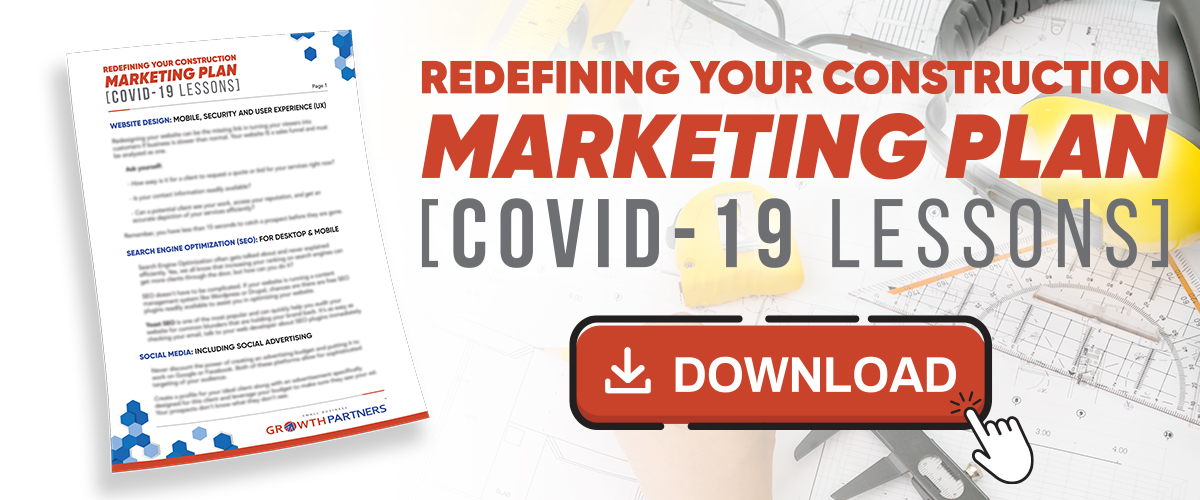The COVID-19 global pandemic is impacting construction projects on many levels. Also, as we enter Cold & Flu season, planning is more essential than ever. Delays, disruptions and uncertainty as well as increased costs will present a number of challenges. Here we provide a collated view of practical steps that are being taken to manage the risks of the current COVID-19 epidemic to construction workers and to surrounding communities.
Planning
- Establish ‘COVID-19 Committees’ to coordinate site-specific COVID-19 responses
- Prioritize response to COVID-19 – make it the priority of all teams, including social / CSR teams
- Evaluate risks – to the workforce, their families, to suppliers and to the community – consider the inter-linkages / reliance between the Project and communities
- Re-evaluate risks frequently as circumstances change
- Review, update and/or generate work procedures, business continuity, emergency preparedness and response plans to reflect the risks
- Develop procedures, recovery plans and have contingency measures ready if confirmed case occurs on site (e.g. deep cleans, setting aside isolation work spaces)
- Determine minimum amount of labor and supervision needed to keep critical activities happening
- Establish clear lines of communication and strategies for planning and managing the spread of COVID-19, with government and non-governmental health organizations, emergency services, or other support organizations
- Consider new shifts to reduce worker numbers on site at any one time
- Issues to consider when planning include, but are not limited to:
-
- Worker health and virus spread throughout the workforce
- Mechanisms for virus spread – airborne and physical
- Spread into the community through local labor force, community engagement activities, site-induced activities (e.g. food stalls outside camps), workers travelling on public transport
- Worker wellbeing (e.g. if isolated / camps closed etc)
- Effect of other workplace accidents / ill health on a potentially stretched health care system • Livelihoods of workforce, subcontracted workers, suppliers etc
- Be prepared for enforced shut-down of sites, at short notice
- Test and refine plans






